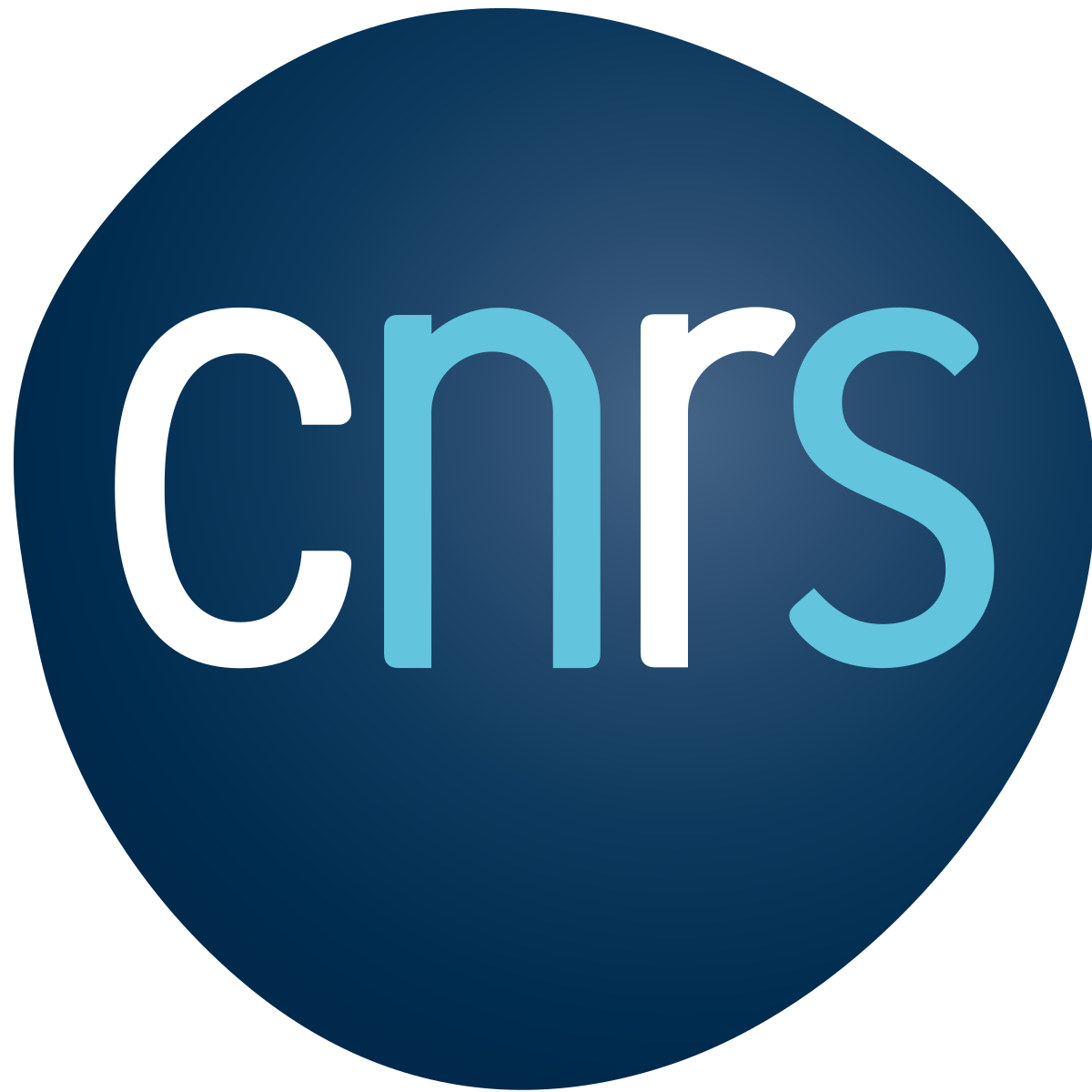Thermal behavior of pervious concrete in wet conditions
Résumé
Conventional impervious pavements occupy a large proportion of most cities, due to urbanization and the extensive development of transportation infrastructure. These pavements cause environmental problems such as flooding and urban heat islands. Pervious concrete (PC) is a special type of concrete, characterized by a porous structure
that allows water infiltration and has the potential to reduce the effects of urban heat islands through cooling by evaporation. However, due to the low water absorption and retention properties of PC, it cannot effectively meet evaporative cooling needs. This study investigates the thermal behavior of PC in dry and wet laboratory conditions under controlled climatic conditions. Three types of PCs were fabricated: gravel-based PC (PCG) and Pozzolan-based PC (PCP1), having almost the same particle size dis-tribution, and less coarse Pozzolan-based PC with a monodisperse particle size distribution (PCP2). The results show that the surface temperature of pozzolan- based PC is up to 4 °C higher than that of PCG in dryconditions. The partial immersion test shows that the use of pozzolan aggregates in PC mixtures improves the water-absorption properties compared to PCG. In addition, pozzolan-based PC can have a surface temperature up to 11.7 °C lower than PCG during the daytime and up to 3 °C lower during the nighttime. The use of lightweight aggregates with high water- absorption coefficients in the PC mix is only recommended in wet conditions




